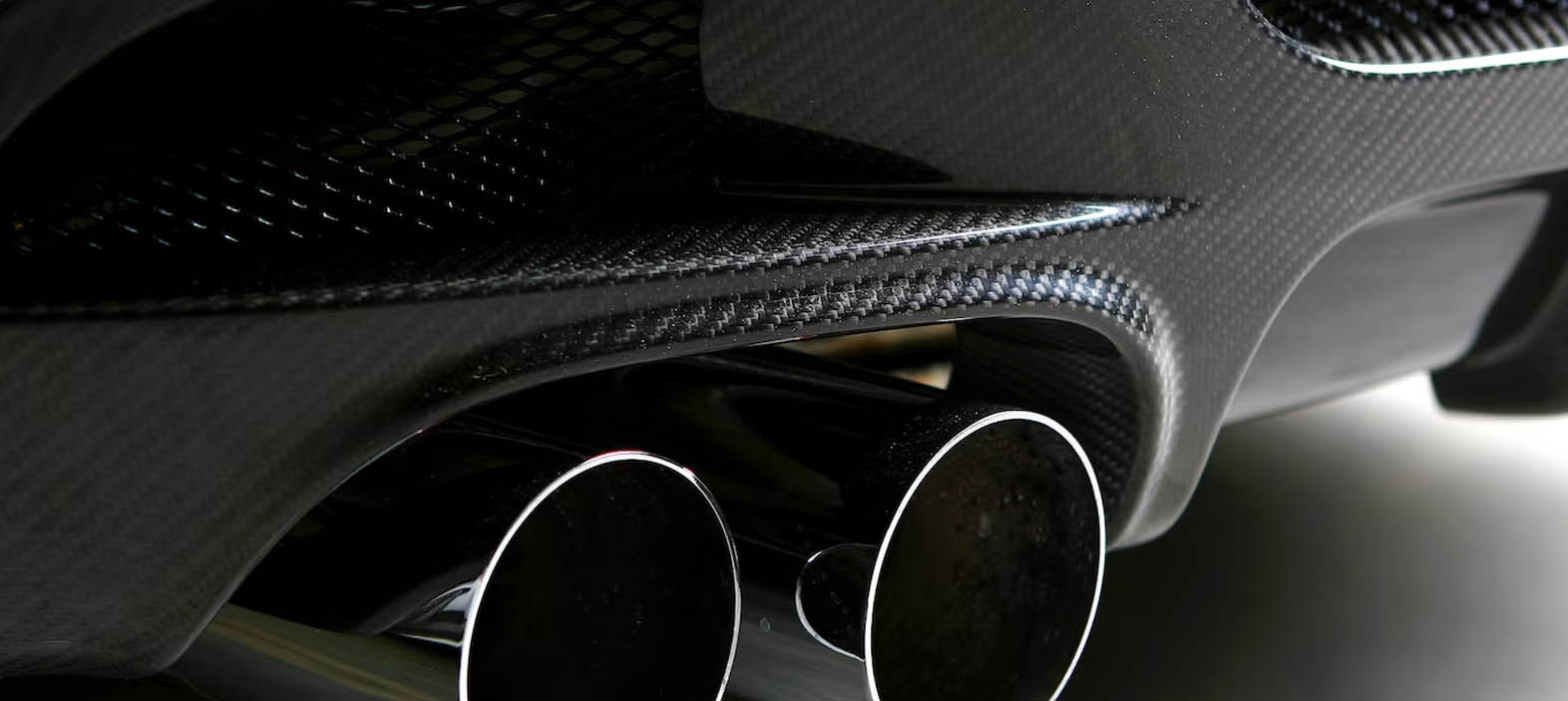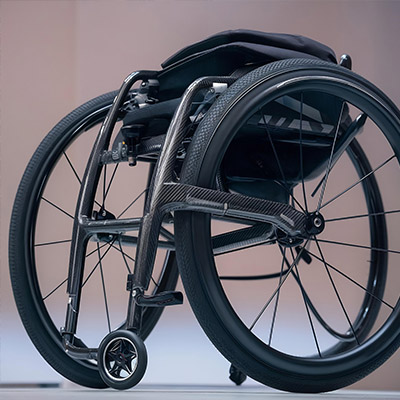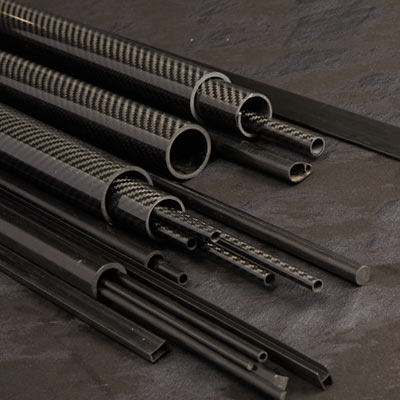
Advantages of Carbon Fiber for Automotive Manufacturing
👁 Reads: 1514
The automotive industry is constantly evolving, seeking innovative ways to enhance vehicle performance, safety, and fuel efficiency. Carbon fiber, a lightweight and high-strength material, has emerged as a game-changer. Its unique properties have revolutionized the industry, offering numerous advantages over traditional materials like steel and aluminum.
Let’s take a look over the advantages of it for automotive manufacturing and explore how it is reshaping the future of the industry.
Lightweight and High Strength
One of the most significant advantages is its exceptional strength-to-weight ratio. Carbon fiber composites are incredibly lightweight, yet they possess remarkable tensile strength and stiffness. Compared to steel, it is approximately five times lighter while being just as strong. This characteristic has a profound impact on vehicle performance and efficiency.
By reducing the weight of automotive components, manufacturers can improve fuel economy, acceleration, and handling. Lighter vehicles require less power to operate, leading to reduced emissions and lower fuel consumption. Furthermore, the increased strength enhances structural integrity and safety, providing better protection to occupants in the event of a collision.
Enhanced Fuel Efficiency
As environmental concerns continue to grow, automakers are under pressure to develop vehicles with improved fuel efficiency. Carbon fiber products plays a crucial role in achieving this objective. Its lightweight nature helps reduce the overall weight of the vehicle, thereby reducing energy requirements and fuel consumption.
Additionally, its strength allows manufacturers to design thinner and more aerodynamic components, reducing drag and improving airflow. This, in turn, reduces the energy required to propel the vehicle, further enhancing fuel efficiency. By integrating carbon fiber into key areas such as body panels, chassis, and suspension components, automakers can significantly enhance their vehicles' overall efficiency.
Design Flexibility and Customization
Carbon fiber products offers unmatched design flexibility, enabling manufacturers to create complex and intricate shapes that are difficult to achieve with other materials. Unlike steel or aluminum, carbon fiber composites can be molded into virtually any form, giving designers the freedom to explore innovative designs.
This versatility not only enhances the aesthetic appeal of vehicles but also optimizes their performance. By customizing carbon fiber sheets to fit specific applications, automakers can achieve the perfect balance between strength, weight, and aerodynamics. Moreover, carbon fiber's ability to be layered in different orientations allows engineers to tailor the material's properties, ensuring optimal performance for each application.
Corrosion Resistance and Durability
Traditional automotive materials such as steel are susceptible to corrosion, leading to structural degradation and reduced lifespan. Carbon fiber, on the other hand, is highly resistant to corrosion and does not rust. This property makes it ideal for automotive applications, ensuring longevity and durability.
The corrosion resistance translates into lower maintenance costs for vehicle owners. It eliminates the need for protective coatings or frequent repairs, contributing to long-term cost savings. Moreover, the high fatigue resistance and impact absorption properties make it capable of withstanding harsh conditions and prolonged usage without compromising its structural integrity.
Sustainability and Environmental Impact
With increasing concerns over environmental sustainability, it offers a significant advantage as an eco-friendly material. The production involves lower energy consumption and emits fewer greenhouse gases compared to traditional materials. Furthermore, the composites are fully recyclable, reducing waste and minimizing their environmental impact.
The lightweight nature also contributes to reduced emissions during vehicle operation. By improving fuel efficiency, it helps lower carbon dioxide emissions, promoting a greener and more sustainable industry.
Conclusion
Carbon fiber has become a game-changer, offering numerous advantages over traditional materials. Its lightweight and high-strength properties enhance vehicle performance, fuel efficiency, and safety. Its design flexibility allows for innovative and aerodynamic designs, while its corrosion resistance ensures durability and longevity. Moreover, its sustainable production process and recyclability contribute to a greener automotive industry.





